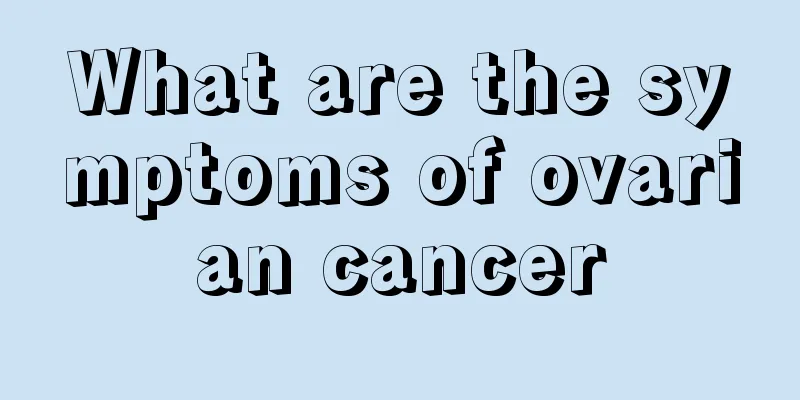What is poorly differentiated nasopharyngeal carcinoma and what is its prognosis?

|
What is poorly differentiated nasopharyngeal carcinoma? What is the prognosis? 1. Nasopharyngeal carcinoma can be divided into many types. Poorly differentiated nasopharyngeal carcinoma is the most common type of nasopharyngeal carcinoma. It has poor pathological differentiation and high malignancy. Its cancer cells tend to grow invasively and metastasize early. It is one of the more difficult types of nasopharyngeal carcinoma to treat. 2. Poorly differentiated nasopharyngeal carcinoma includes poorly differentiated adenocarcinoma and poorly differentiated squamous cell carcinoma. The malignancy of the two is similar. This type of nasopharyngeal carcinoma is mainly caused by the invasion of evil toxins, improper diet, emotional injury, weak constitution, etc. In clinical practice, surgical treatment of poorly differentiated nasopharyngeal carcinoma is very difficult. Radiotherapy can be considered, and the general treatment principle is usually a combination of Chinese and Western medicine. Radical radiotherapy is the main treatment for early stage poorly differentiated nasopharyngeal carcinoma, while palliative radiotherapy is mainly used in the treatment of middle and late stage poorly differentiated nasopharyngeal carcinoma. 3. Although radiotherapy has a more direct killing effect on nasopharyngeal poorly differentiated cancer cells, it can also cause damage to normal cells. In clinical practice, it is often combined with traditional Chinese medicine treatment to play a role in reducing toxicity and increasing efficacy. For the treatment of nasopharyngeal poorly differentiated cancer that recurs after radiotherapy, if the lesion is limited to the posterior or anterior wall of the nasopharyngeal roof, there is no destruction of the skull base bone, the general condition is good, and those who have recently undergone radiotherapy and are not suitable for further radiotherapy can consider resection of the lesion. 4. When it comes to the prognosis of poorly differentiated nasopharyngeal carcinoma, many patients are also concerned. The natural course of nasopharyngeal carcinoma varies greatly from patient to patient. The natural course from the first symptoms to death ranges from 3 months to 113 months. Nasopharyngeal carcinoma is mainly treated with radiotherapy. According to domestic and foreign reports, the 5-year survival rate after radiotherapy is 8% to 62%. With the update of radiotherapy equipment and the improvement of radiotherapy technology, the 5-year survival rate of nasopharyngeal carcinoma after radiotherapy continues to increase. |
<<: Can nasopharyngeal cancer cause deafness
>>: What is the cure rate of early lymphoma? Can diet be used as an auxiliary treatment?
Recommend
Which method is best for treating patients with advanced prostate cancer?
Therapeutic antibiotics diffuse from plasma into ...
What are the characteristics and treatment of sebaceous cysts?
Cortical cysts can occur in many parts of the bod...
What is chronic pneumonia
If you often feel difficulty breathing, often cou...
Are fibroid tumors serious?
Fibrous tumors are generally benign tumors derive...
The difference between peripheral blood and venous blood
Peripheral blood refers to finger blood and earlo...
What is the relationship between cervical cancer and nutrition
The cause of cervical cancer seems to be related ...
What to do if the rectal mucosa is congested and edematous
The rectal mucosa is congested and edematous, so ...
How to wash off the ink
When going to school, especially when they first ...
What to do if you feel inexplicably irritated
Emotions are something very wonderful. Both human...
What is acute encephalitis? Do you know the real cause of the disease?
The human brain rarely gets sick under normal cir...
What should I do if my throat is dry and sore
If your throat is dry and sore, then the choice o...
What are the causes of cervical cancer and how to reduce uterine damage
Although various technologies have been improved,...
What to do if you have diarrhea and blood
Diarrhea is mostly related to diet, and when a pe...
Is it good for pregnant women to drink mineral water frequently?
Pregnant women must pay attention to their health...
How to fix the problem of jeans zipper always sliding down?
Jeans are the most common type of pants in life. ...









